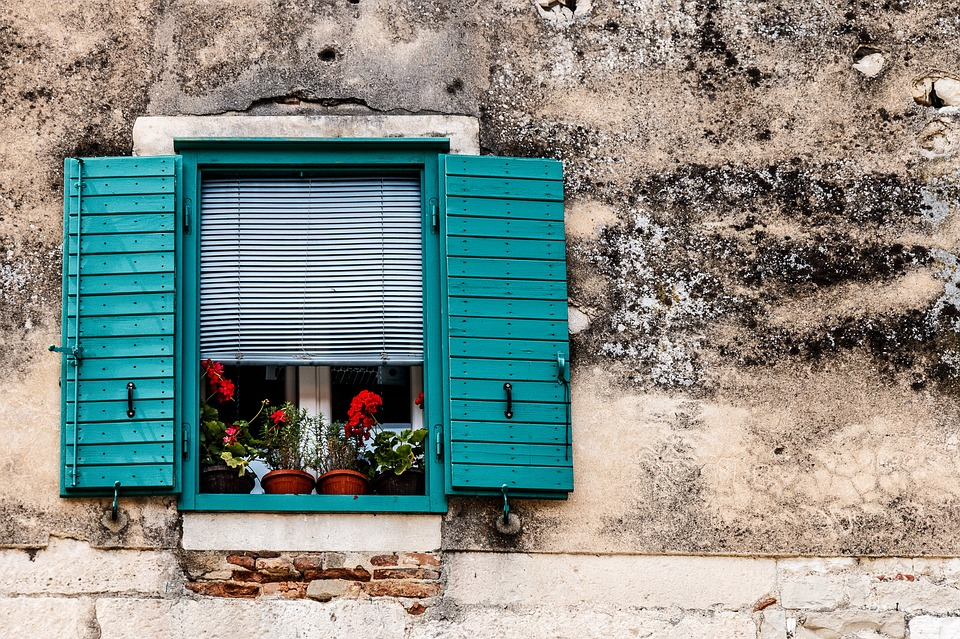As Poslovni Dnevnik/Marija Crnjak writes, the topic of the non-competitive match between small family hotels and private accommodation will be on the table in a few days at a meeting with the Minister of Tourism Nikolina Brnjac, this time at the initiative of the group of small luxury hotels – Stories. The topic was already opened at last week’s meeting of the sector with Prime Minister Andrej Plenkovic, as has since been learned.
“We have a lot of facilities that are de facto hotels, so they falsely present themselves on rental platforms, and operate as apartments or rooms, and consequently have significantly lower operating costs and tax burdens, which is why they represent unfair competition to small Croatian hotels which cater primarily to families.
At the same time, we can see that it’s the segment of small Croatian hotels which are classed as luxury across the country that are recording great business results, a segment that fills the budget and creates added value for destinations. The Croatian Government is aware of the problems, and we’ll soon discuss the details with the competent Ministry,” Nenad Nizic, president of the Stories group and the owner of the Vestibul Palace hotel in Split stated.
The goal is to devise new incentive measures to strengthen the segment of small Croatian hotels, which currently has about 400 facilities, with great potential, but above all, regulations need to be changed.
Namely, small Croatian hotels still have the same standards as large ones have, which imposes high business costs and demotivates businessmen. The transformation of part of the private/apartment accommodation into small hotels, with the opening of new facilities, was one of the failed tasks defined by the previous Tourism Development Strategy.
The National Programme for the Development of Small Family Hospitality from 2013 envisaged the creation of a more appropriate and stimulating institutional environment for the development of small family hospitality units, through more flexible labour legislation, the less rigid prescribing of minimum technical requirements and the establishment of financial or fiscal incentives. Quite unsurprisingly, absolutely none of this was ever actually implemented.
Anamarija Cicarelli, the founder of a family accommodation counseling centre with many years of experience in renting rooms in and around Split under her belt, shared her experience:
“As the former owner of a building with eight apartments which could accommodate 45 guests, I’d be very happy to convert it into a hotel, but due to a number of technical requirements, it was too expensive.
For example, the law requires a small Croatian hotel to have an internal staircase, a reception, a breakfast room, and if I only invested in that then my project wouldn’t be sustainable, and at the same time there are many criteria that are no longer crucial for the quality service of a small hotel. There are a lot of such examples on the market, we meet more and more owners who would like to expand their business, but the current requirements for categorisation discourage them,” warned Cicarelli.
She pointed out that in Dalmatia there are more and more landlords who, due to the increasing turnover, are moving from the status of natural persons in terms of property rental to legal entities. This brings with it higher costs, but also better creditworthiness and opportunities to invest in quality, and thus higher profits.
There are currently about 400 small family hotels across Croatia, and several incentive measures were crucial for their development at the beginning of this century, such as the Incentive for Success lending programme and Under the Old Roofs.
It can be seen from the Croatian eVisitor system that about 600 thousand beds in private/family accommodation are currently owned by natural persons, while 101 thousand such beds are owned by legal entities. Nearly 400 privately owned properties offering breakfast services are available on Booking.com in September.
This represents a proverbial pool from which at least another 500 small Croatian hotels could be recruited. If Austria and Greece have 10,000 such hotels each, and there are over 23,000 in neighbouring Italy, this would be just the beginning of more serious and rational development for Croatia.
For more, follow our business section.









